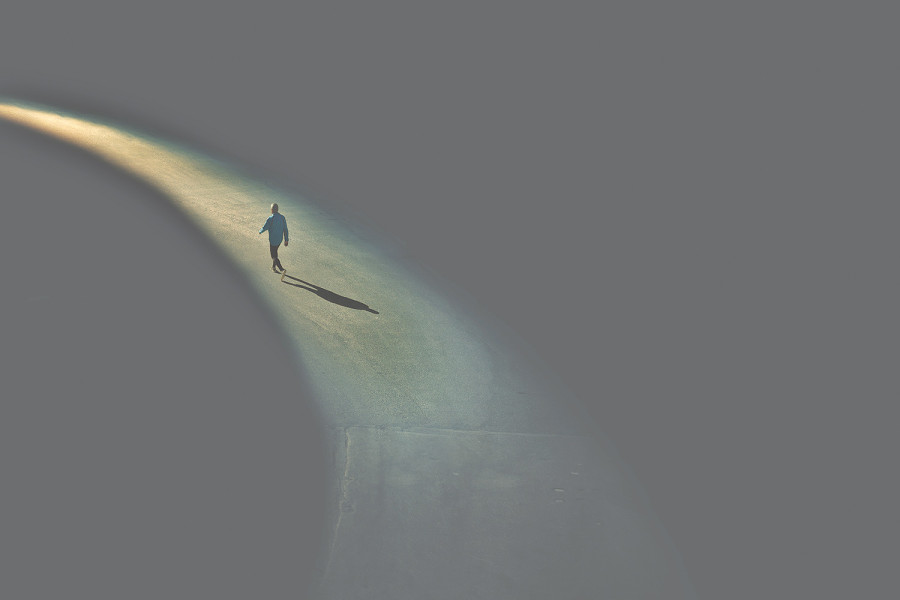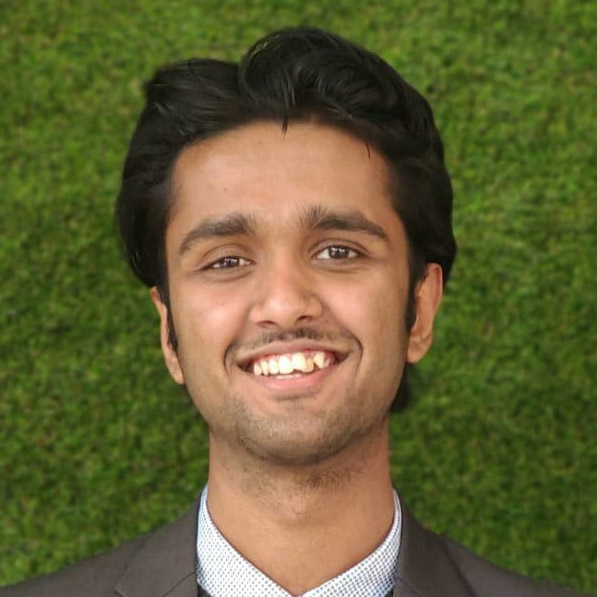Culture & Lifestyle
Tasting early adulthood
The worldview has changed and things have changed. Your parents stop smiling, have less energy and don’t plan parties anymore.
Anish Ghimire
It's a regular morning, and suddenly, despite everything, you want to be productive. So, you head to work and begin listing things to be done for the day. And just like that, for no reason, your head starts spinning, and your body gives up on holding you. The next thing you know, your co-worker has got you by your hand and is taking you to the emergency room on her scooter.
I chuckle as my mind reminds me of a particular scene from the movie ‘3 Idiots’. But soon, my humorous self fades as I lie down on the bed. The medical staff asks, “What happened?” and I tell them, “I don’t know. I can’t breathe.”
It's nice when things have a rhythm, like a river flowing into the unknown. Even though the water is heading into uncertainty, it has a sort of serenity in it—something peaceful and calming. But human life is an exception. It is heading to the unknown without any calmness or peace.
Tasting early adulthood, tasting the feeling of heading towards the unknown, is frightening. The pace at which we are leaving our childhood behind is draining. We grow up too early. I still remember how one July morning felt in 2018, but I was 17 then, and I am 23 now (although people say I look 25; it's probably my beard).
The worldview has changed, and things have changed. Your parents stop smiling, have less energy, and don't plan parties anymore.
You think you have a grip—a hold on your daily life, but it slips, just like that, and you’re left wondering if your degree is worth it or if you should really see that person. You slip once and begin blaming yourself for what you did in 2019.
Like when you get rushed to the emergency room and the nurse tries to inject you, and you are just waiting for it to hurt, in that moment, you feel numb. The hospital smell takes away your taste for life, and all you can think about is your pending tasks. (To have an identity, we associate ourselves with our works.)
It hits you suddenly one day how football meant so much to you, and now it's just there–sitting silently somewhere in you. You don't reach for it anymore. Like how one song meant so much, but now when you hear it, it's just noise.
We leave things behind. Strange things become part of our life. We hold onto things we cannot afford. We care a little too much and fill the void by shopping or through casual sex. In the middle of this, you stop and ask yourself, what happened? Where did it all go wrong? Or when did it stop being right?
And suddenly, between all this living and being, you are talking to a psychiatrist who doesn't care what is going on with you. He scribbles a few things and hands you back a paper with a dead expression on his face. (Can you at least smile or something?)
You come outside the doctor’s office and see your mum waiting. Even the things you talk about with your mum change as time passes. In 2017, I was talking to my mum about a newly opened pizza place, and today, I'm telling her how, for one month, my chest felt heavy, and I couldn't breathe.
You’ve been staying at the same house since your childhood, but it doesn't feel the same anymore. The living rooms where birthday parties were celebrated are now cold and dark. And you hate birthdays.
One day you realise that ‘Fleabag’ isn't actually a sitcom and Van Gogh didn't actually paint happy paintings. When you realise this, you've failed to realise many things. You've already missed a lot of things. Life has already passed while you focused on “Why won't they text me back?” Life still goes when you wait for something that isn't there, but it is much less painful.
Also, emptiness never really goes away. “The emptiness knows where I live. The emptiness knows me,” sang my favourite artist, Gregory Alan Isakov, and he wasn’t kidding.
The uncertainty, too, doesn't go away—the “I don’t know what to do” feeling when your friend has purposefully cut themselves in a bookstore. Your heart starts running, starts panicking, so, you call whomever you know and tell them to please do something—just make it better, please! And it did get better, and the wound was sealed, but tomorrow came and with it came unhealed wounds. What isn’t healed will repeat.
You run and run one summer, and the next summer, when you walk, your smart watch tells you your heartbeat has gone to 145. “My heart beats,” you tell the doctor. “Of course it does. Otherwise, you wouldn’t be here,” he says, laughs, and walks away. Then he puts patches on your body and tests you to see if your heart is “healthy”. You have no idea, doc. You have no idea.
You search for rhythm, like in a river. You look for stability, but you don't find it. There is no clarity, and nothing is certain. That is why Thamel is packed with drunk, lost ones—we’ve all been there. It’s confusing when you aren't toxic, but things are. Things that aren't supposed to hurt—hurt. To not deal with it, we hunt, gather things and have a bad hangover the next morning. Go to a therapy? No way.
You promise to sleep early, but you don’t. So, you wake up the next morning with blurry vision and a head that hurts. You open the window and see black clouds gathering, loud wind blowing, and birds taking the shed. On that gloomy morning, you try to find the meaning of it all. You try to find a reason to keep going. In that morning hush, you try to silence your loud mind.
You love animals, but when you crush a bug that tries to accommodate itself in your room, its dead body still lying there, and you haven't picked it up because you cannot pick yourself up.
In today’s world, to feel deeply is to be an outcast. Being observant and noting every little thing is not a privilege. The things you encounter aren’t always healthy for you, and when you are waiting for something to happen, and your heart starts running, you ask yourself if this is even worth it.
To fill the void, people choose to be a part of many things. Some meditate, some volunteer, some have a hangover, and some have a hookup they regret. People do all kinds of things to escape strong feelings. We cannot take ownership of our own feelings, how can we ever take ownership of our lives?
The bad news is adulting sucks, and the good news is, everything is momentary. Taking care of studies, work, friendships (if you’re lucky), a healthy relationship (if you’re extremely lucky) and family expectations, we are drained. It is draining to wait for life to happen or to think that one trip will ease your troubles.
The void is inside, but we keep scavenging outside. The answer is not there. No one is there. What you are is here with you—buried inside you. And no, distracting yourself by doom-scrolling Instagram doesn't help. Playing loud music to fill the silence in your room doesn't help either.
We are harsh on ourselves; that is one part of the problem. Nothing is enough. No matter what we do, something is missing, something isn’t right, and things don’t align. So, you disassociate while in a gathering, and someone has to pick you up and bring you back to the moment. And you come back to the moment—briefly. Then it hits you again, so you take a long breath and wait for the night to end.




 14.12°C Kathmandu
14.12°C Kathmandu















